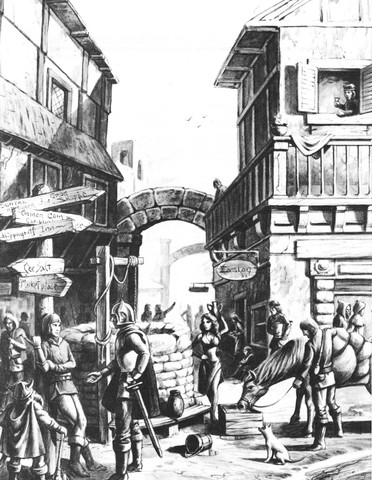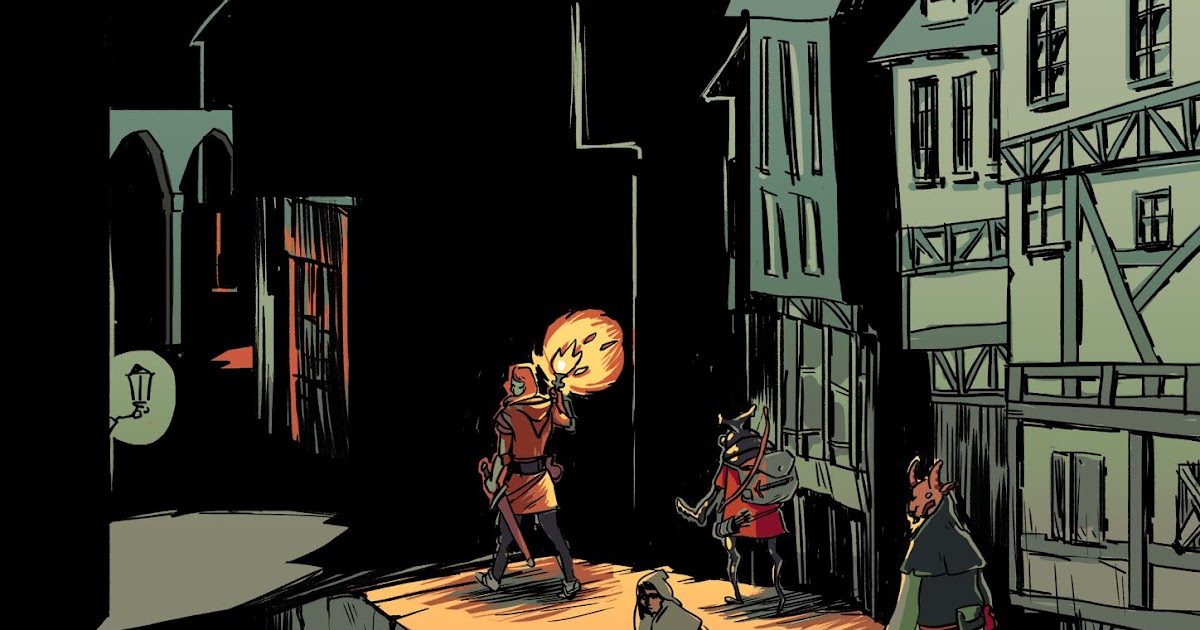So I have been thinking about mechanics for moving about cities and the DM side of mapping them. This is because there are a lot of city maps in Eberron (well, most modules and setting I have seen, really) that obviously aren't an accurate scale for their size, generally having far too few streets and buildings for the alleged population. I don't want to redraw the maps, and I certainly don't want to spend a bunch of time drawing maps for cities that don't have any map (and I find surfing the net for existing maps suitable for the terrain to be almost as time consuming). So I have been looking for a way to be able to use crappy city maps effectively, and to generate new city maps, without a lot of extra mapping and prep work.
For existing maps of cities, I have settled on putting a numbered hex overlay over the map, and navigating it like it is a hex crawl. When the PCs are in a given hex, I don't treat the street and building layout in that hex like an accurate map. I treat the hex like a series of blocks, and use the street layout on the map to inspire my descriptions of the area. I also divide the city into neighbourhoods with different characters, and riff or that as well. So it's not a literal street-by-street description of where they travel, it's more a description of the general area they are travelling through. For a new city, I don't even really need to map anything, I can start with a hex map and just assign the hexes to neighbourhood types.
And since it's a numbered hex, if I need to randomly place something in the city, I roll two dice of whatever size to find the coordinates for it.
So I'm looking at making a generator for procedurally generating content, because who knows whether the party will be in and out of staying a while, right?. I'm doing it for Sharn, because of course my first projects needs to be the most massive one I can think of, but also because Sharn presents particular problems in mapping and traversing. But I will be looking at generators for more mundane cities soon. Does anyone have any ideas where I might look? I feel like some of the Judges Guild stuff might be helpful.



